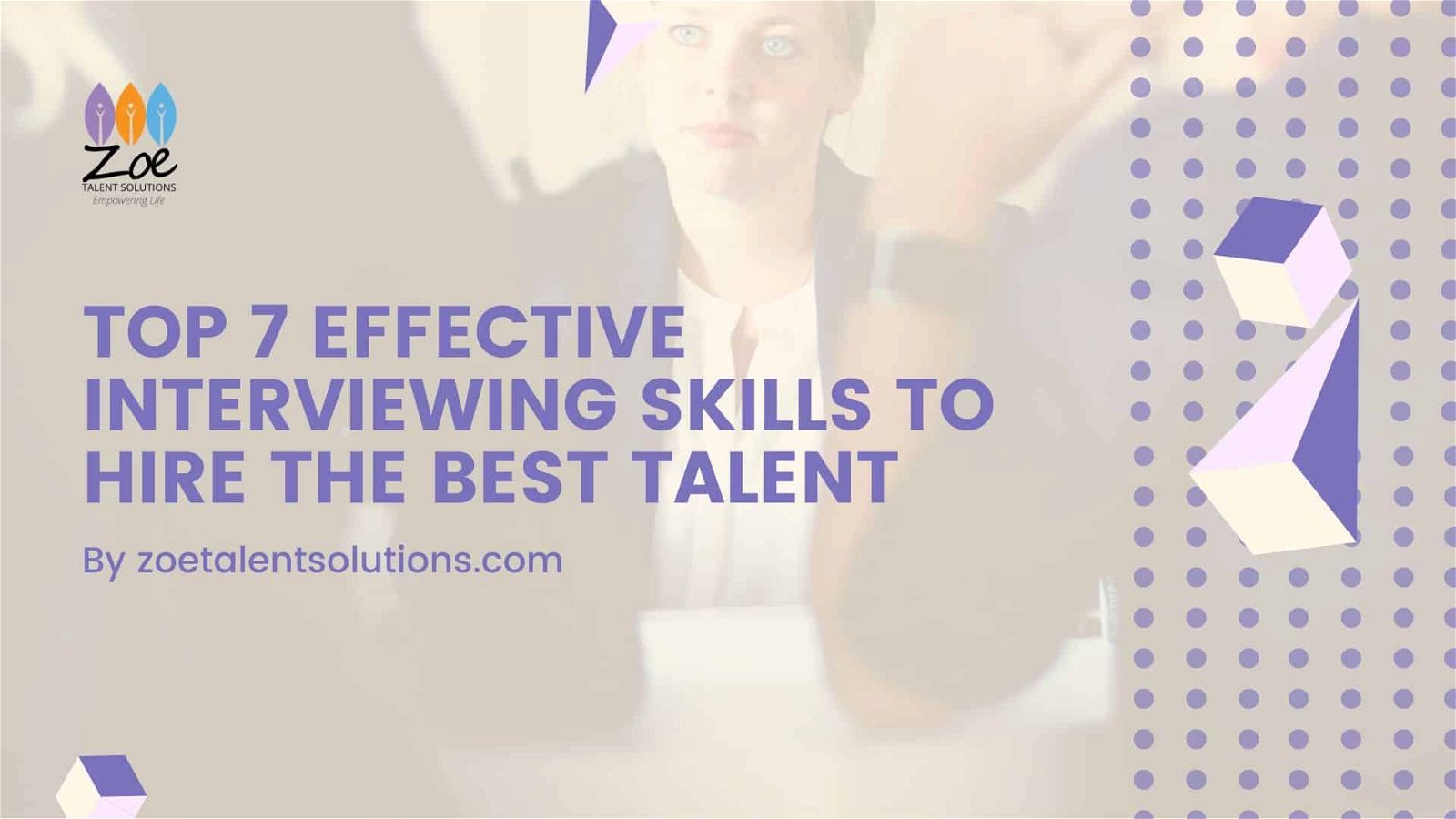Are you interested to hire the best talent for your company which will contribute to the success of your company?
Finding great talent is a difficult, tedious and labour intensive task which take days but in some cases weeks to find the right person who can be a perfect match for the advertised job.
This article will show you 7 effective interviewing skills in detail which will help you how to prepare, interview, review and make your final decision.
1. What You Are Looking for in a Candidate:
The best thing to know beforehand is what you are looking out in the potential candidate to hire for the job. Try to make sure that both the job description and the candidate specifications resonate with each other.
2. Read the Applications:
Before going to start the interviewing process compile the list of applications of the potential candidates which you are going to interview. Each candidate should be scored on the rating scale of 5 where 5 shows the 5 scores while 1 it does not fit the job at all.
3. Ask Personal Questions:
Ask personal questions to gain some awareness about the candidate needs and what the company is offering in order to find out the fit between the candidate and the organization. You can ask questions like these to assess his/her personality such as;
“What motivates you to get this job”
“What is your strength to do this job”
“Why you want to switch this job”
4. Ask Hypothetical Questions:
These questions are supposed to explore how a candidate will sort out an issue or problem if it happens efficiently. In such questions, you give him or her a written statement and ask him or her that how he or she will address that particular issue
5. Ask Experienced Based Questions:
These questions are supposed to be asked to find out the candidate skills and experiences he has demonstrated earlier in other companies. These questions include;
“How much time will take to address the lingering issue”
“How much time will it take to complete the desired task”
“How you will do a particular task”
6. Make Scoring:
As a general rule, take notes and scores once the candidate finishes his/her answer. Try not to focus on taking notes and scores while the candidate is answering the question. Perhaps you should focus on his/her body language and listening that what he/she is saying.
7. Making a Decision:
After scoring each candidate accordingly during the interview process here comes the final decision of hiring the potential and successful candidate who has emerged as a successful candidate for the desired job. The decision should be fair enough based on the right answers scoring.
Zoetalentsolutions offers some of the world’s best hr courses to help you better organize and manage various things or activities whether it is hiring, recruiting, delegating and scheduling etc. in your company to maximize the overall company performance.

















